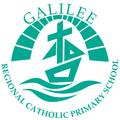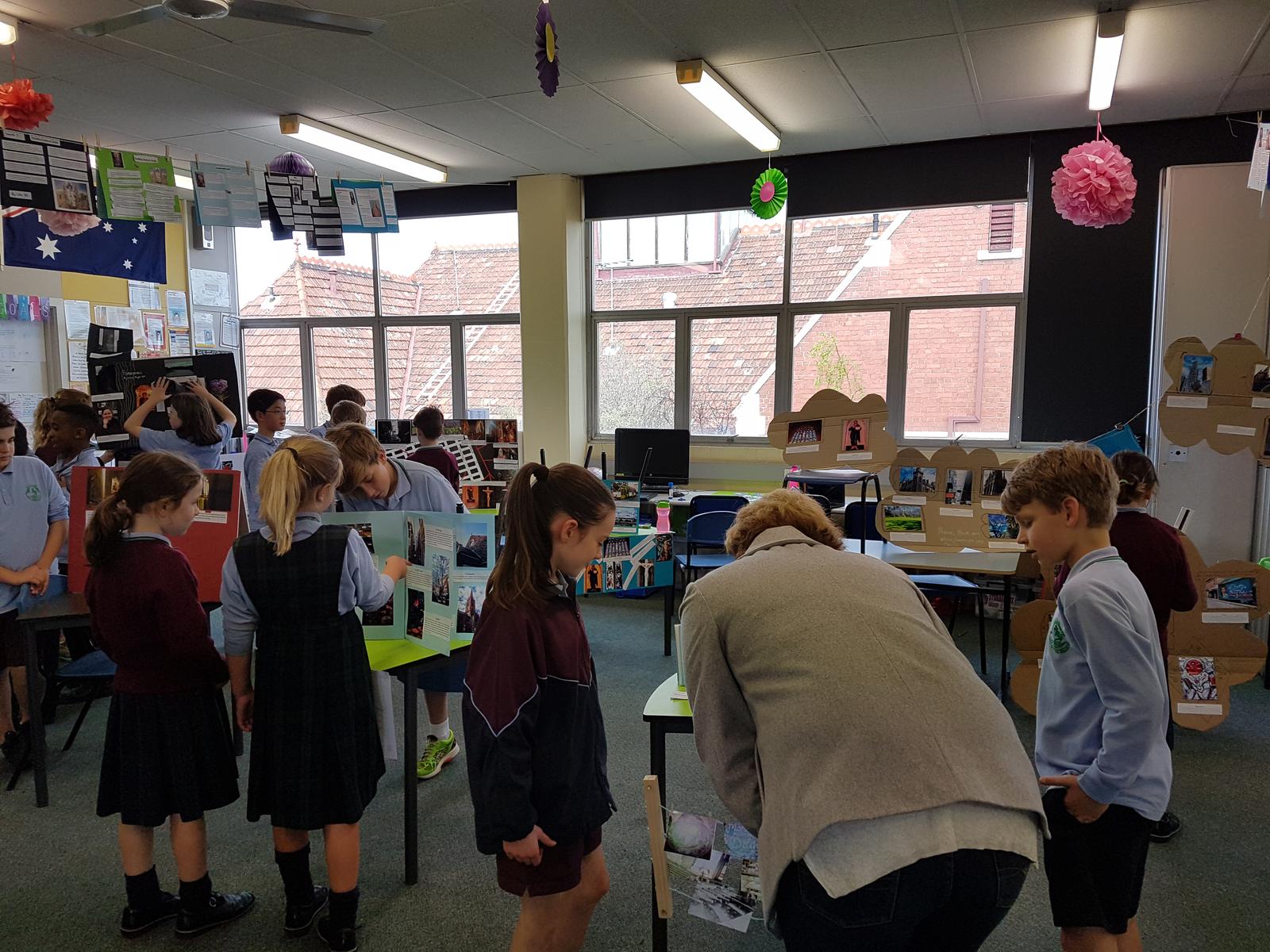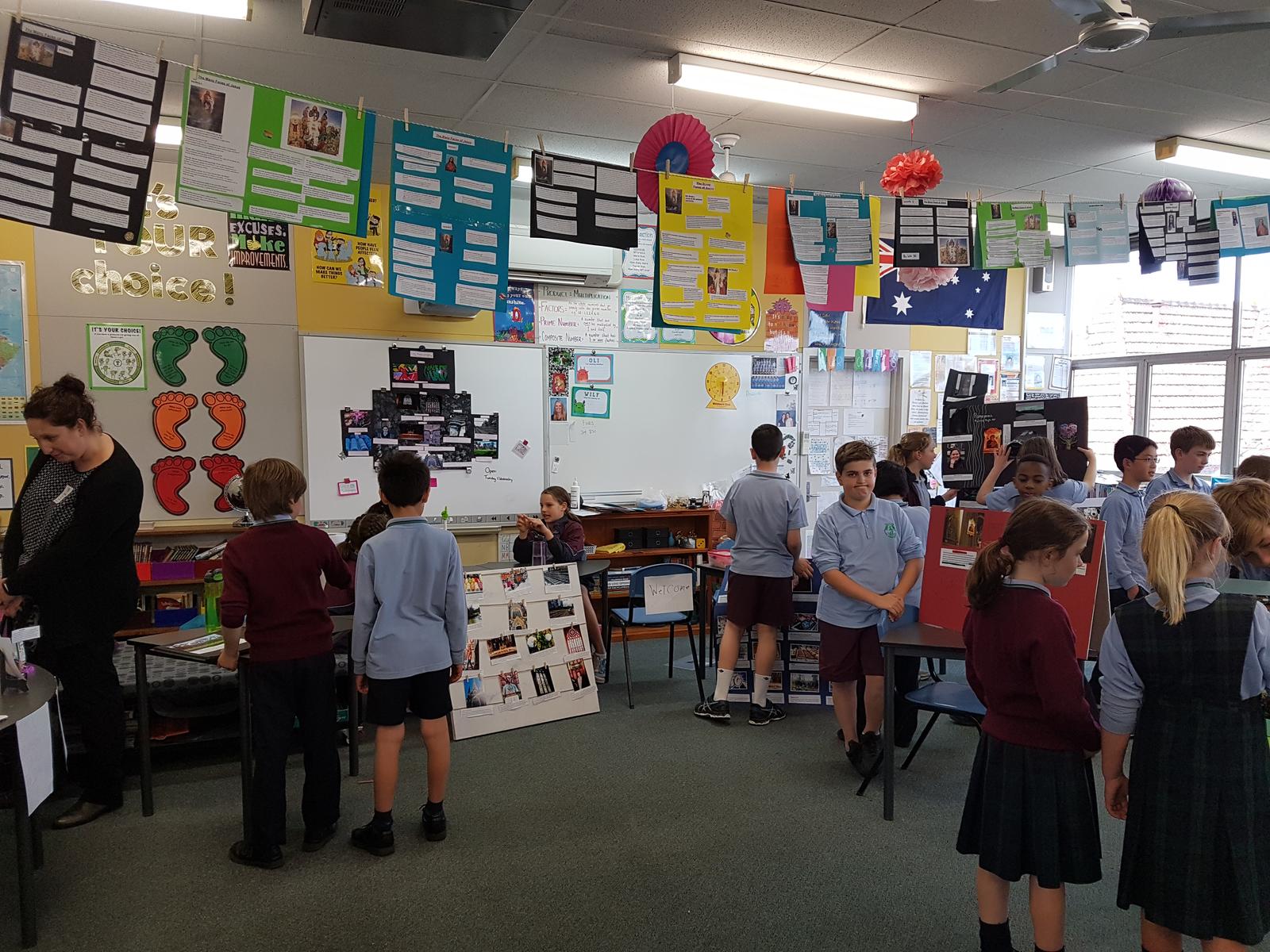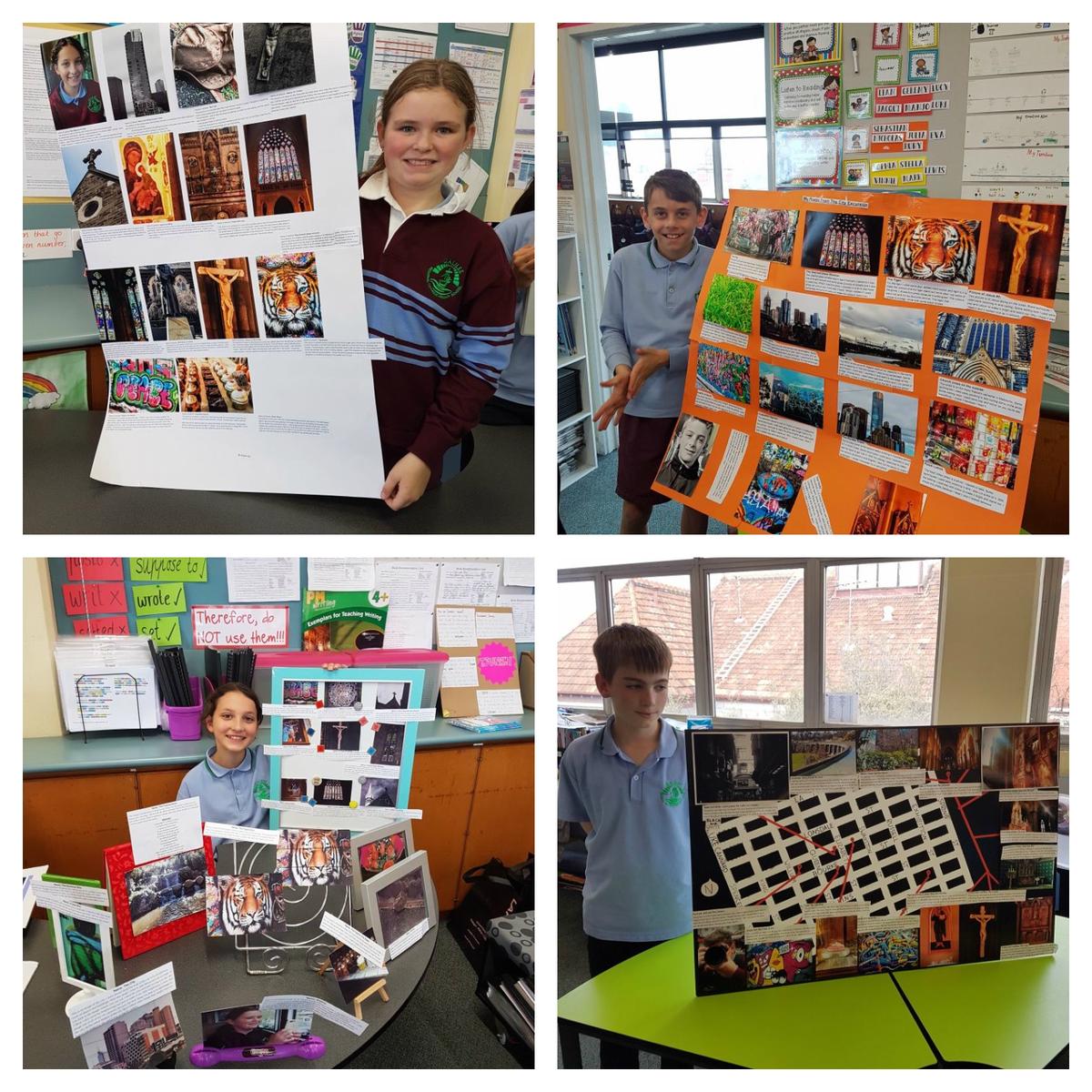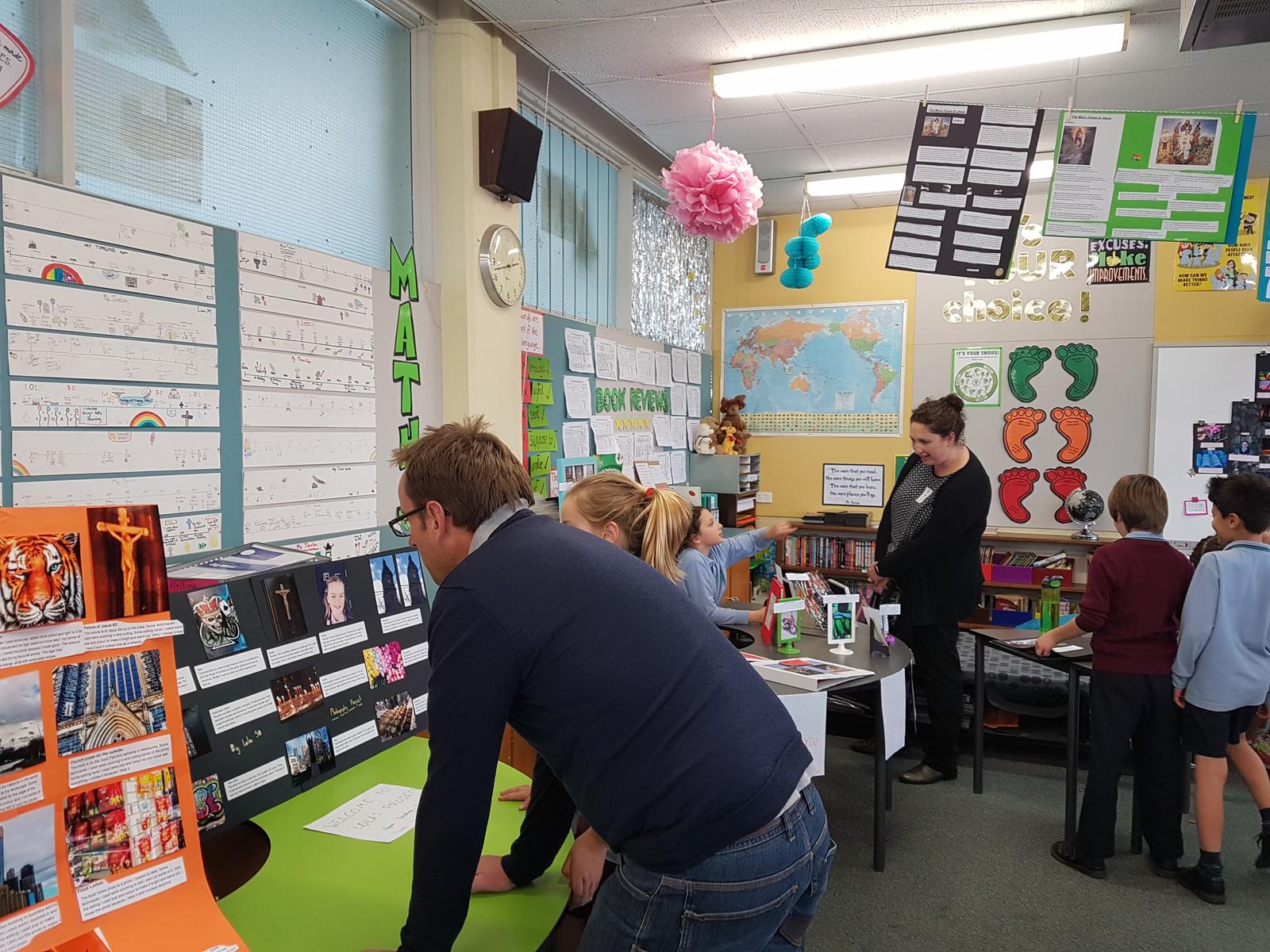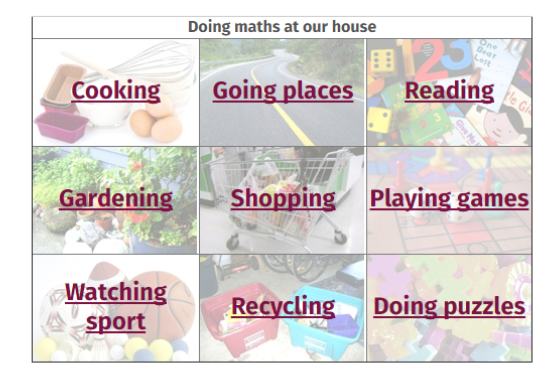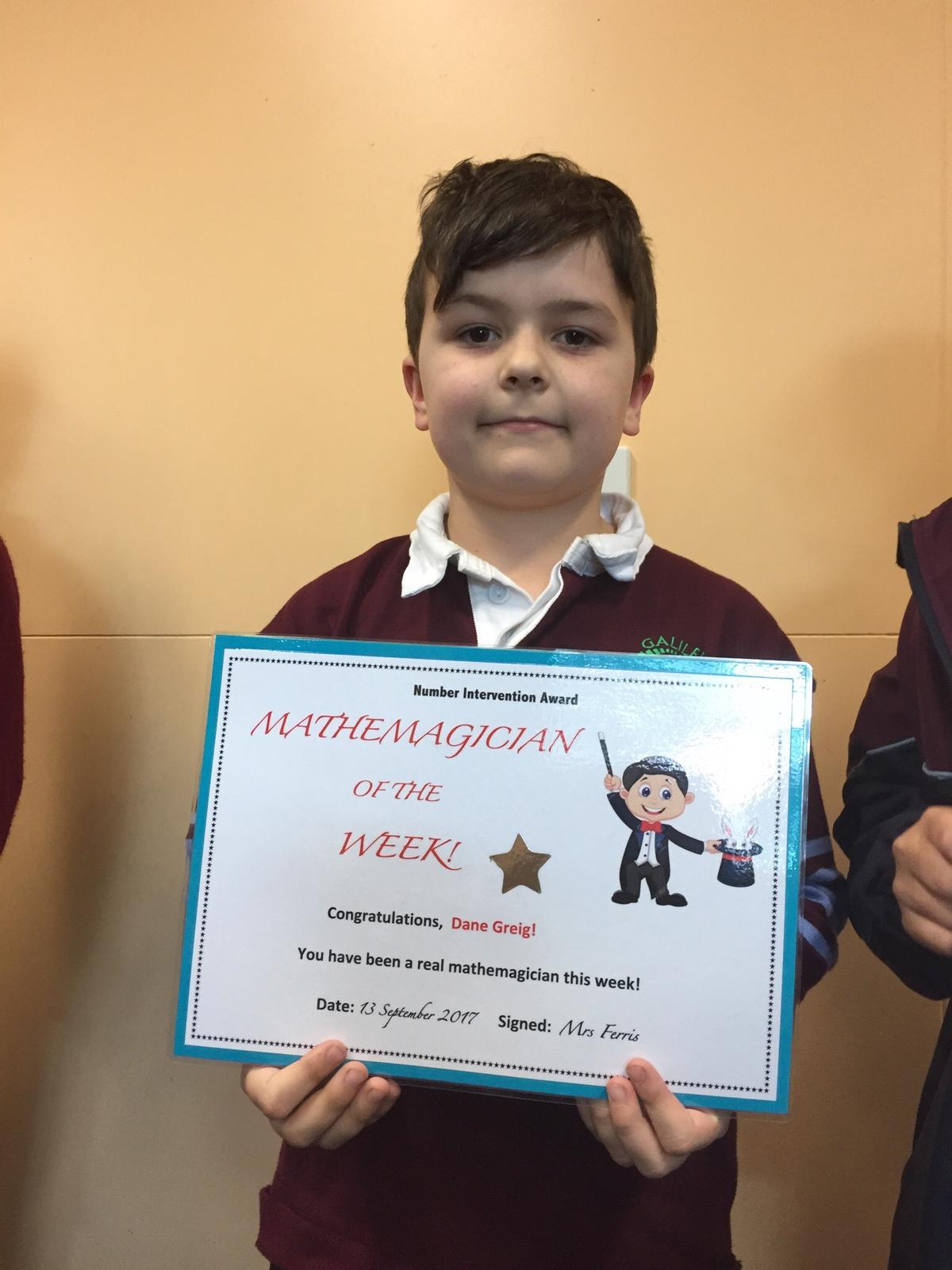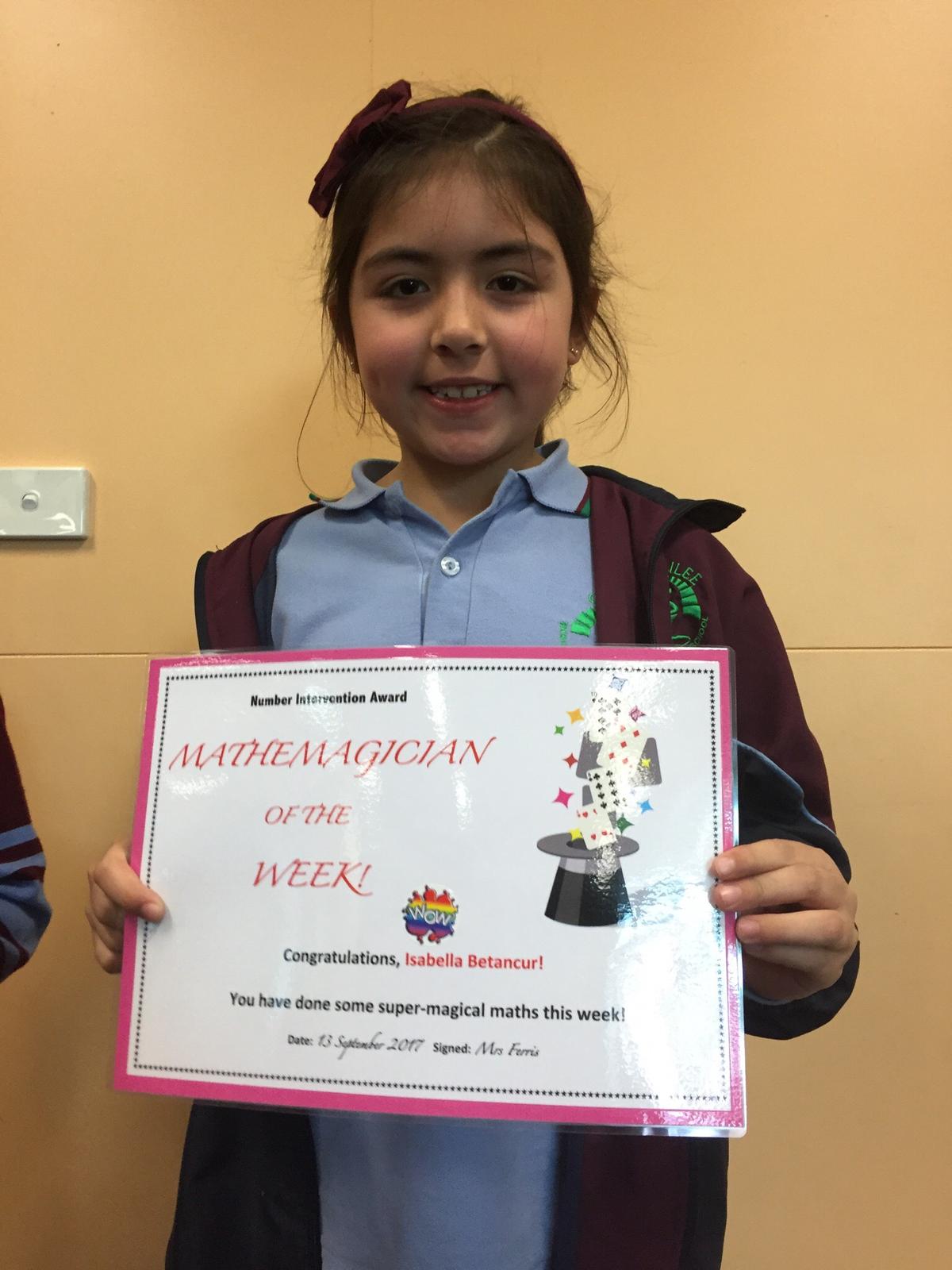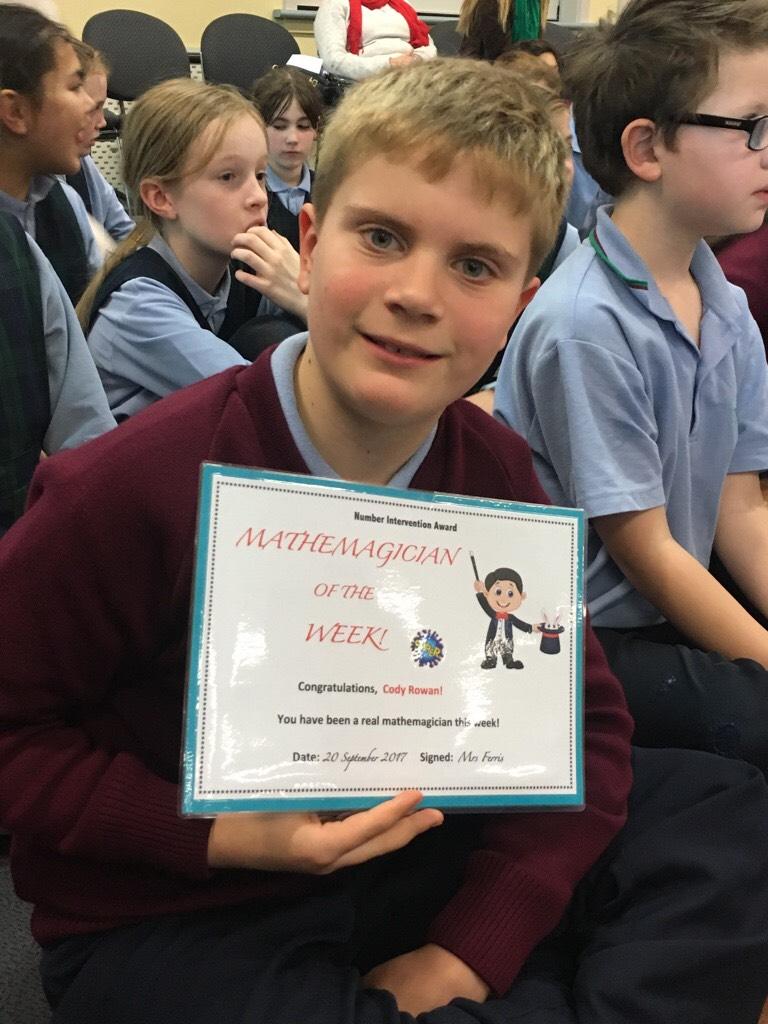Learning and Teaching
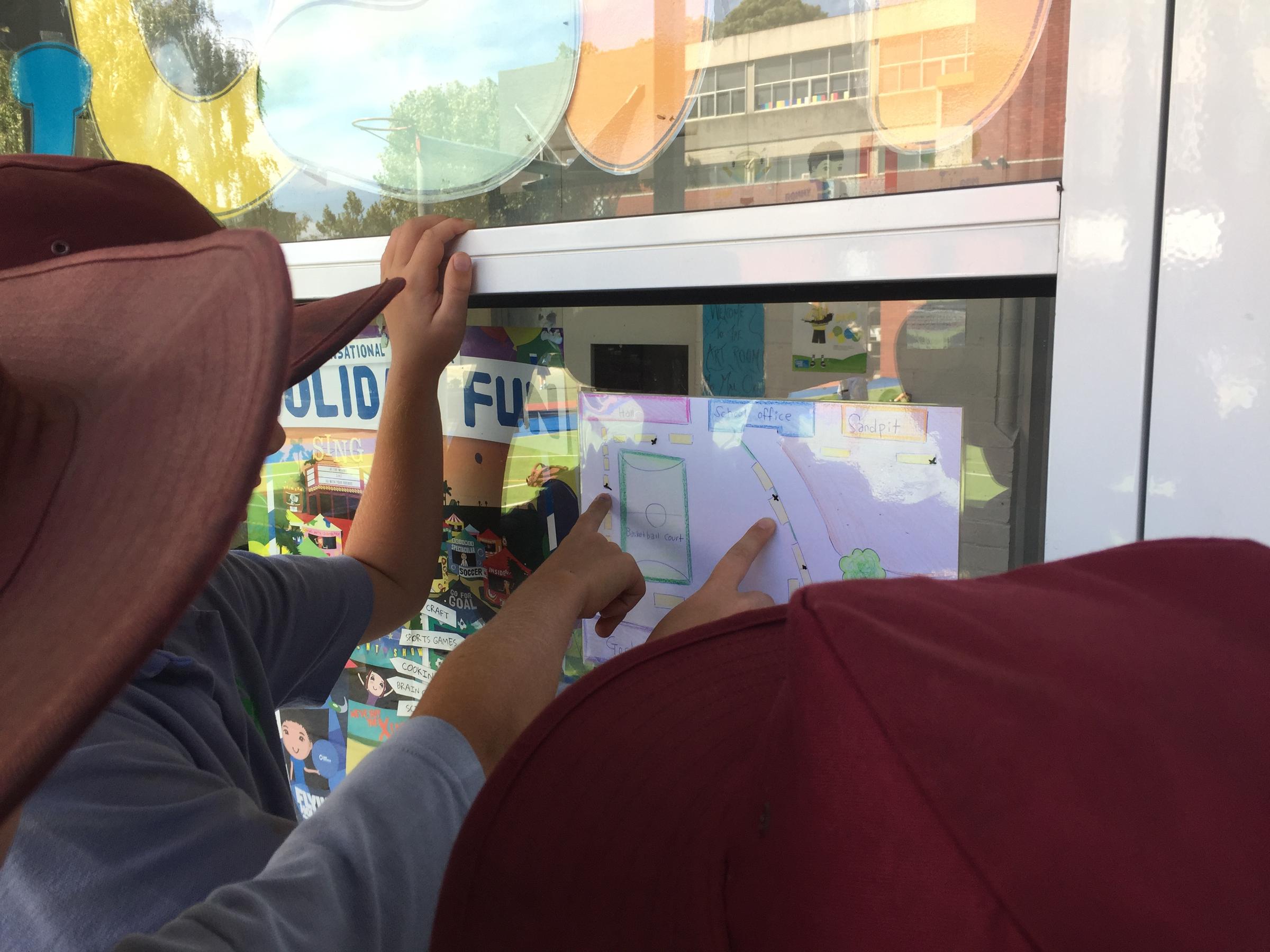
Celebration of Learning
In Term 3, all year levels have been focusing on The Arts. Many year levels have celebrated their learning this week through assembly presentations, gallery exhibitions and performances.
On Wednesday our Year 6 students celebrated their learning by presenting a Circus Performance at assembly. Students in Year 6 have worked collaboratively to design, create and perform a ‘Year Six Circus’, using the skills and knowledge they have collected throughout Term 3's STEAM Inquiry.
On Tuesday afternoon and Wednesday morning our Year 5 students opened a Gallery Exhibition celebrating the learning that they have been doing in photography this term. Throughout the Year 5 STEAM Inquiry unit, students have been examining the functions of a camera, becoming familiar with common terminology and techniques, as well as taking many photos themselves. Student's presented their personal portfolio with photographs they are most proud of.
In Year 2 students have been working on creating their very own stop-motion video, pulling together their learning on Storytelling. Students in Year 2 have been engaged in STEAM Inquiry this term exploring questions such as:
- How do we tell stories?
- How do other cultures tell stories?
- How do we express our ideas? Are there other ways to express ideas?
- Why do we make things in different ways?
- What can you use to communicate?
You will find more information on the Year 2 Stop-Motion Project in our Student Report section of the Newsletter.
Term 4 STEAM Inquiry Units
The focus for STEAM next term is Personal, Social and Community Health. The link below outlines the curriculum outcomes for all year levels.
Healthy, active living includes promoting physical fitness, healthy lifestyle, positive wellbeing, safety, good hygiene practices and being ready to learn. A healthy, active population improves productivity and personal satisfaction, promotes pro-social behaviour and reduces the occurrence of chronic disease. Health Education teaches students how to enhance their health, safety and wellbeing and contribute to building healthy, safe and active communities.
Teachers have been busy planning many exciting learning opportunities for the students to engage in next term. If you are able to offer any special talents or experiences in the area of Health, please let your child's teacher know.
Maths at Our House
The link below provides some ideas for how you can raise awareness and share mathematics using everyday experiences and resources found around your home. It includes ideas for supporting your children’s learning in all areas of mathematics: geometry, measurement, statistics, algebra and number. We hope that you find it useful over the holidays.
https://nzmaths.co.nz/maths-our-house
Number Intervention
Congratulations to our Mathemagicians of Weeks 9 and 10, Dane and Isabella (2C), Michaela (2R) and Cody (4R). These children have been working with either a learning support officer (LSO) or with me, using our inquiry-based approach to maths intervention instruction. They have made excellent progress and are showing wonderful enthusiasm for their learning in Maths. Keep up the great work children!
Our introduction of a Maths Intervention programme this year has garnered a great deal of interest, so here’s a brief overview of what we’re doing in this area. The programme has proven extremely effective and I look forward to working with staff to implement it across the entire school in the coming months and years.
Number Intervention occurs with individual or small groups of children, preferably on a daily basis. Intervention instruction comprises an intensive, interactive approach based on inquiry - that is, on posing and solving problems. The instruction also involves rehearsal to develop facility – to increase familiarity and ease, and work towards automatisation.
Careful assessment is fundamental. Assessment involves attentive listening and observation of a student solving mathematical tasks. After completing each student’s initial assessment, I develop a profile of his or her knowledge across key domains of instruction, as well as of particular strategies, misconceptions and difficulties. Ongoing assessment throughout the course of instruction then provides direction for my teaching. Using the data from the assessment, learning tasks are pitched just beyond the ‘cutting edge’ of a student’s learning, tasks that are set at a level that makes sense to the student in terms of his or her current level of knowledge. Typically, to solve the task, the student needs to reorganise his/her approach, develop new strategies or gain new insights, leading to new learning.
In Term 4, I will continue to work with students from Years 1 and 2, as well as with the Prep teachers to provide some intervention to children who are experiencing a low level of attainment in early arithmetic. The LSOs will continue to work mainly with children from Years 3 and 4. I will continue my own training, as well as conducting further training with our LSOs, ensuring that we are able to extend our students’ learning as they progress through the programme. I would also like to begin a training programme for interested parents – more about that next term. I’m looking forward to another term of exciting growth and progress in Maths, and I’m very proud of the wonderful achievements of Term 3! Happy holidays!
Jane Ferris
